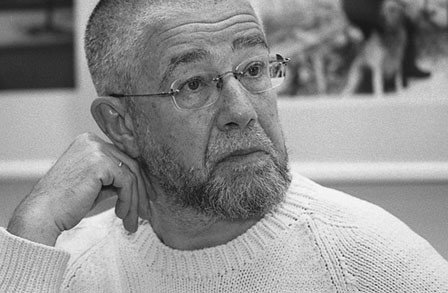Sergey Gandlevsky is one of the most celebrated contemporary Russian poets. Born in 1952, Gandlevsky opted out of the Soviet system, working odd jobs and sharing poetry with a small coterie of friends in the 1970s and 1980s. His work did not appear in Russian literary journals until the late 1980s, during glasnost. Since the fall of the Soviet Union, his poetry and prose have received nearly every major Russian literary prize: the Little Booker Prize (1996), the Anti-Booker Prize (1996), the Moscow Score prize (2009), and the Poet Prize (2010). A Russian critics’ poll in the 2000s named him the country’s most important living poet. His writing—poetry, fiction, and essays—has been translated into numerous languages, including English, French, German, Italian, Spanish, Dutch, Georgian, Hungarian, Finnish, Polish, Lithuanian, Croatian, Serbian, Bulgarian, Turkish, Chinese, and Japanese. In English, Gandlevsky’s poetry also appears in A Kindred Orphanhood: Selected Poems of Sergey Gandlevsky (Zephyr Press, 2003). Gandlevsky’s two novels also appear in English translation by Suzanne Fusso: Trepanation of the Skull (Northern Illinois University Press, 2014) and Illegible (Northern Illinois University Press, 2019). Since 1993, Gandlevsky has worked at the journal Foreign Literature. A lifelong Muscovite, Gandlevsky has relocated to the Republic of Georgia since the war in Ukraine began.

